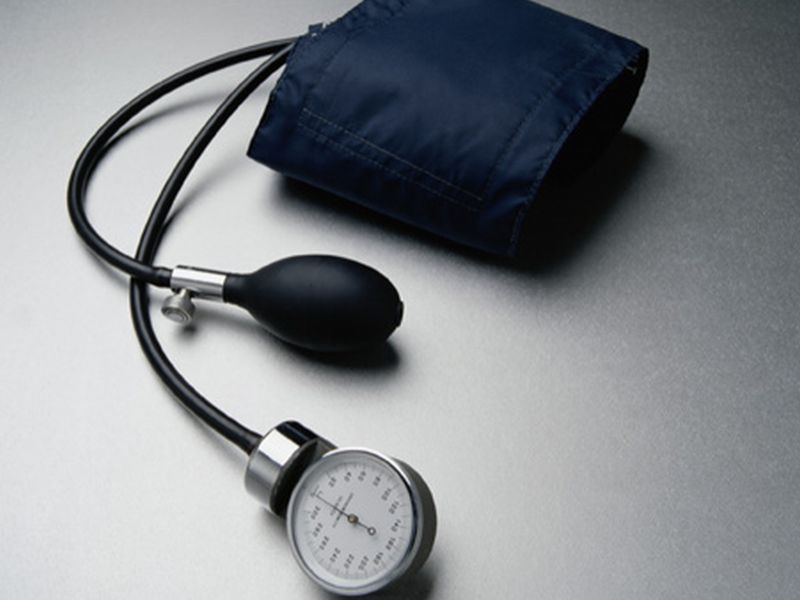
Cutting back on sodium is crucial to treating heart disease, but most heart patients aren’t able to limit their salt intake, a new study finds. On average, people with heart disease consume more than double the daily recommended amount of salt, researchers report. Sodium is essential for human health, but taking in too much can… read on > read on >






























